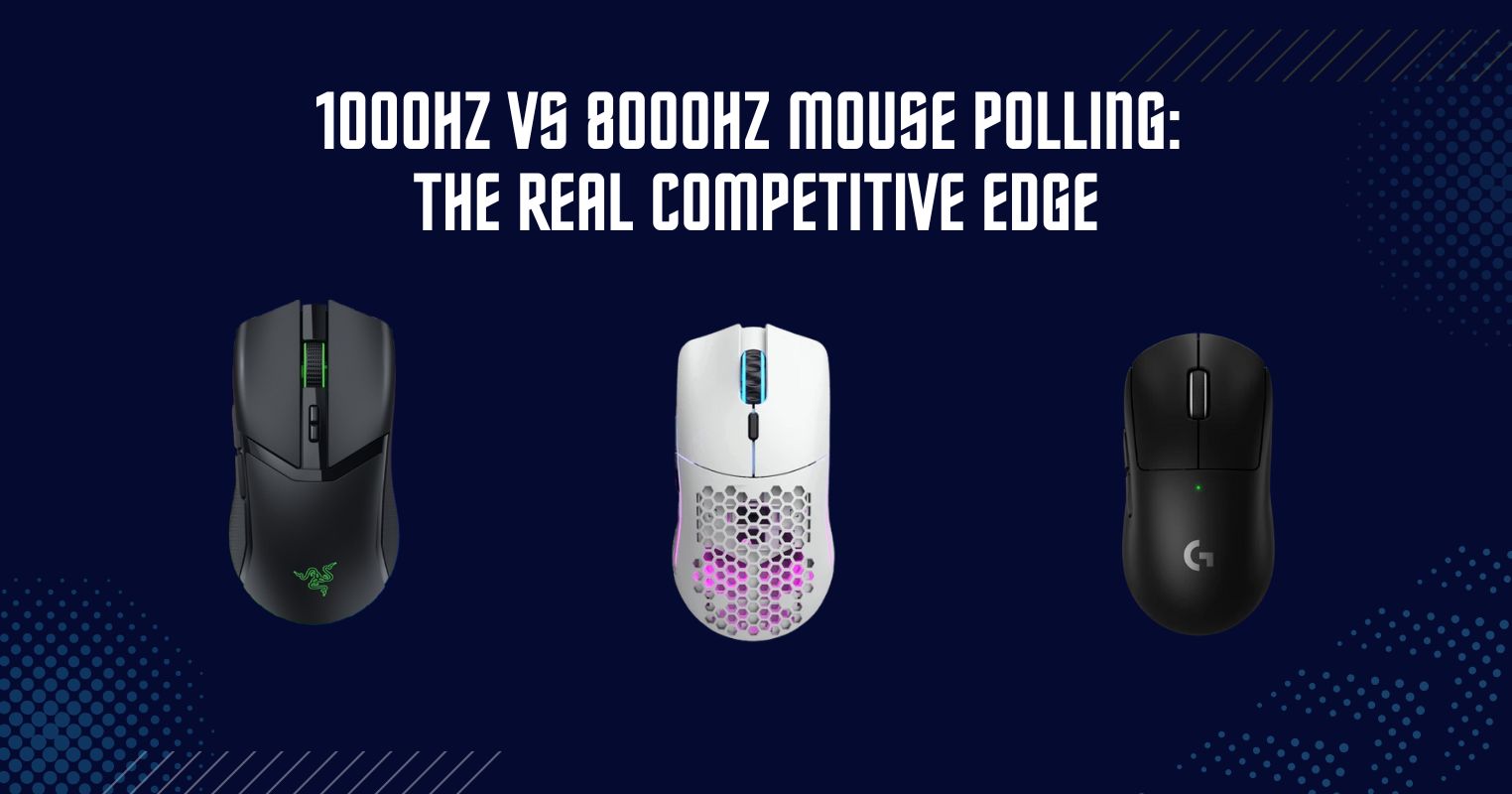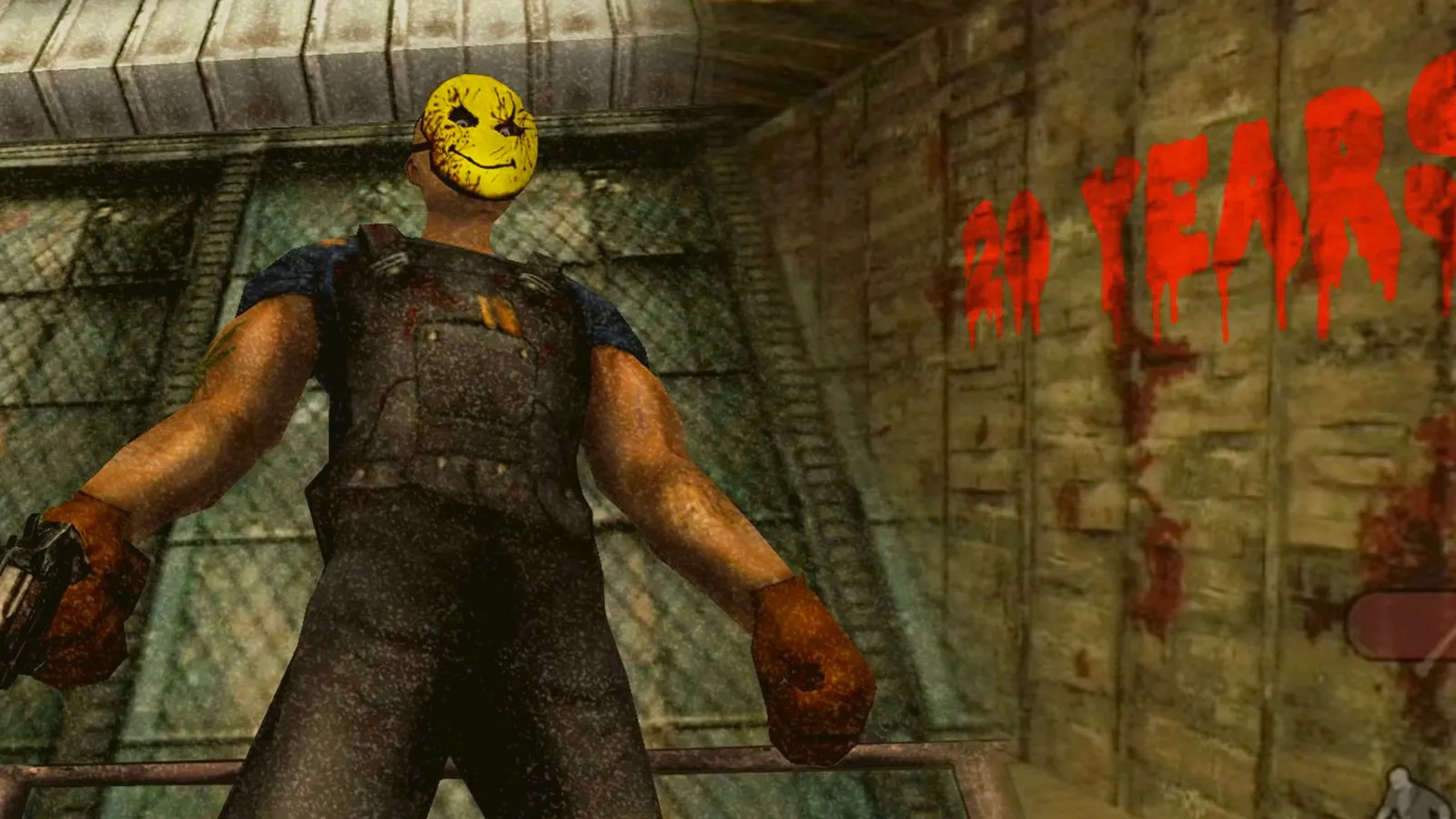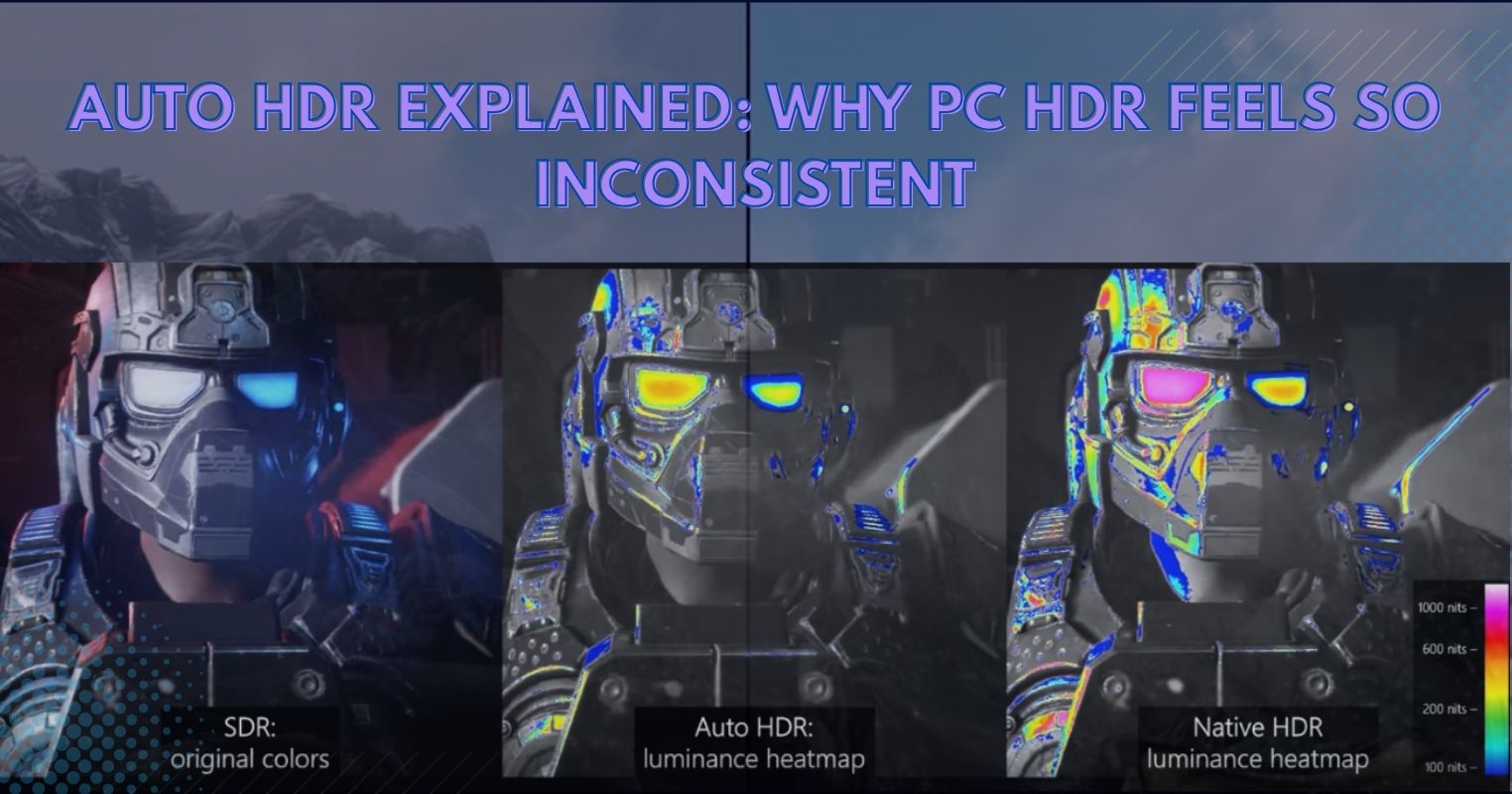- Unusual buzzing sounds from your PSU can indicate faulty or aging components, variations in required wattage, or poor ventilation.
- Invest in high-quality PSUs and maintain proper airflow to prevent overheating and ensure reliability.
- Upgrade your PSU when required to match system power needs and keep the area around you clean and airy to prevent noise issues.
If there’s one component in my PC that I never take for granted, it’s my power supply unit (PSU). Without an adequate power supply, your PC cannot perform efficiently. Most people ignore their PSUs and keep using them without noticing their condition. This can result in PSU failure and damage to your PC components.
Keeping that in mind, let’s move on to our main topic: Should you watch out for noise in your PSU? Hearing a low noise level from your PSU is expected, mainly because of the electrical components and cooling fans within the PSU. However, if you hear a distinct buzzing sound from your PSU, you should always pay attention to it. Let’s first look at the causes of your power supply making a noise.
Faulty Or Aging Components
Over time, PSU components like capacitors, transformers, and inductors start to wear out, which can also cause them to expand and vibrate intensely. This will ultimately lead to the PSU making unusual noises. My rule of thumb is to change my power supply one year after its warranty ends.
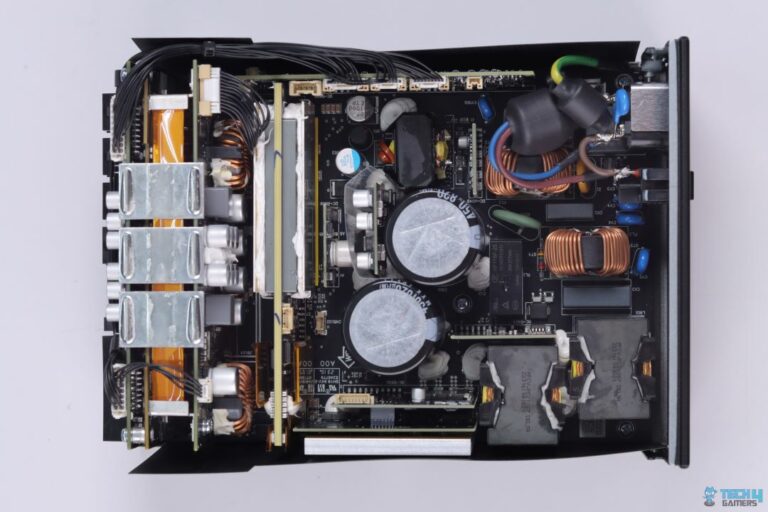
Try to avoid buying cheaper, low-quality PSUs. I cannot overstate the importance of your PSUs; still, some people ignore them. Low-quality PSUs will not only fail early but can also damage your PC equipment.
Variations In The Required Wattage
I will personally advise to calculate the total power requirements or wattage of your PC setup and then buy a power supply according to that requirement. To perform accurate load calculations, you can use our PSU Wattage Calculator.
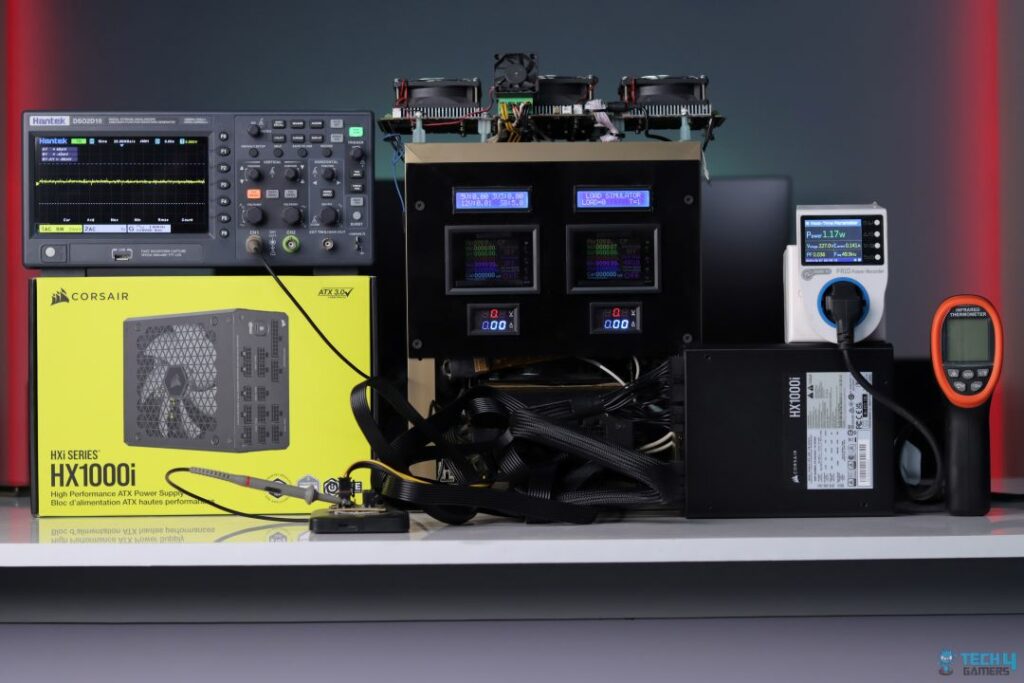
Poor Ventilation And External Factors
An inadequate cooling environment near your PSU can lead to overheating. This overheating can also expand the internal components of your PSU, resulting in noise. Please always make sure that your PSU and PC setup are airy and adequately ventilated to avoid any issues with overheating.
External factors such as electromagnetic interference from other devices or power fluctuations from the main electrical supply can also cause a power supply to buzz. Although this is rare, I always stay vigilant about any electromagnetic sources near my PSU.
Preliminary Inspections And Simple Solutions
Before turning to more significant measures, carry out some basic checks to see if you can easily rectify the problem:
- Examine Connections: Make sure all power supply cables are firmly connected, as loose connections can cause buzzing.
- Look for Blockages: Confirm that nothing is obstructing the fan or airflow, as this could lead to overheating and noise.
- Load Distribution: If possible, evenly distribute the load across the power supply to lessen strain.
When To Seek Professional Assistance
If the buzzing persists after basic troubleshooting, it may indicate an internal issue. I always watch out for signs of damage or wear and tear, such as bulging capacitors.
Most users, including myself, are not equipped to handle power supply repairs on their own. Professional repair services are safer and can help prevent further damage.
Stay Alert On Upgrading Your PSU
I have learned over time that older power supplies do not meet current standards for efficiency, resulting in noise and other problems. Modern models offer enhanced efficiency, improved thermal management, and advanced features. Hence, you must know when to upgrade your power supply.
Replacing an old or inadequate power supply can be more financially productive in the long term. It ensures reliability and quiet operation, offering me peace of mind.
Final Thoughts
Yes, you should always watch out for noise from your PSU. If you encounter such an issue, take proper mitigation actions. To avoid any future troubles with noise, make sure to keep the area around your PSU neat and clean. Ensure proper ventilation to prevent overheating. Last but not least, always buy good quality PSUs and upgrade when necessary.
Thank you! Please share your positive feedback. 🔋
How could we improve this post? Please Help us. 😔
[Errors Troubleshooting Expert]
Arsalan Shakil (aka GuyThatDoesEverything on YouTube) is a PC Tech Enthusiast and Electronic Geek. With over 10+ years of experience in Electronics, he then decided to explore Software Engineering to design embedded products and automate existing hardware solutions.
When he started tearing down old cameras to understand how they worked, he was shocked (literally, when he got zapped by a flash discharge capacitor), giving him the power (debatable) to fall in love with videography/photography. He also started making some fun videos that later became YouTube tech reviews.
Skills:
- 10+ years of experience in Electronics design, embedded solutions, and prototyping
- Majored in Software Engineering
- Research paper publication in IEEE for Embedded Military Uniform & LoRa WAN wireless technology
- Specialized in IoT Solutions
- PC Enthusiast & PC Modder
In his local region, he’s known to expose cheap PSU brands, often claiming fake certification or false claims on the box. He’s a true nerd and needed some friends in his life. Then he met some guys who work at Tech4Gamers, and they also came out to be equal nerds who suggested he join Tech4Gamers as a Hardware Expert.


